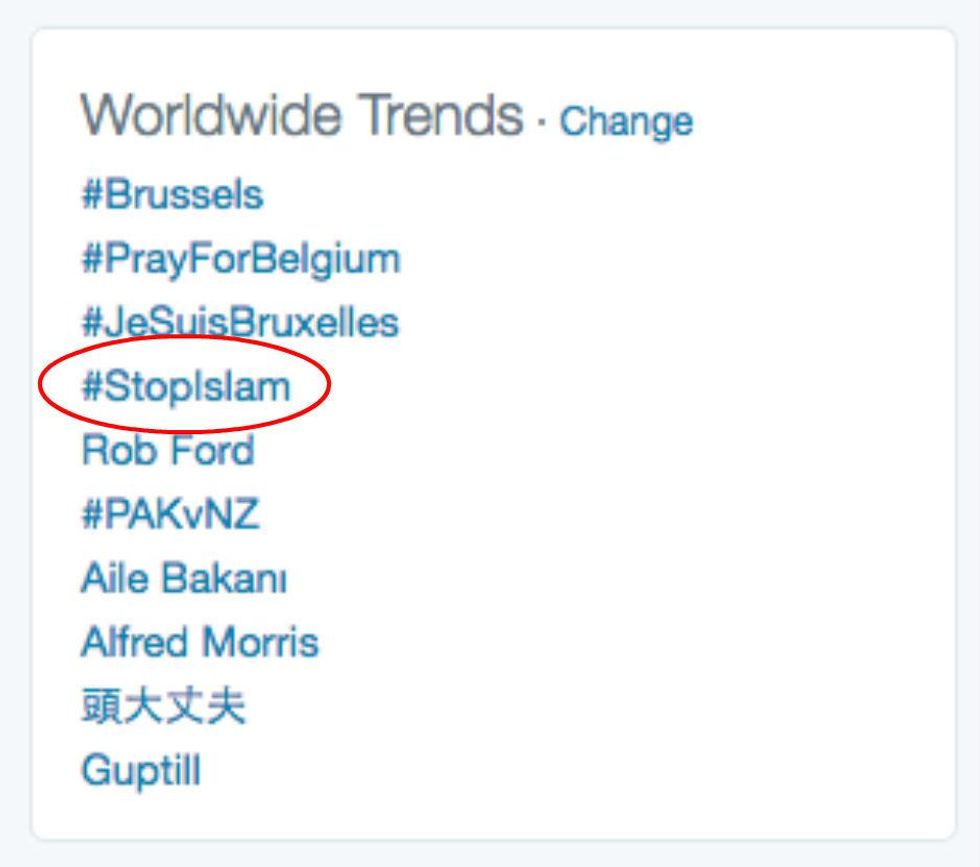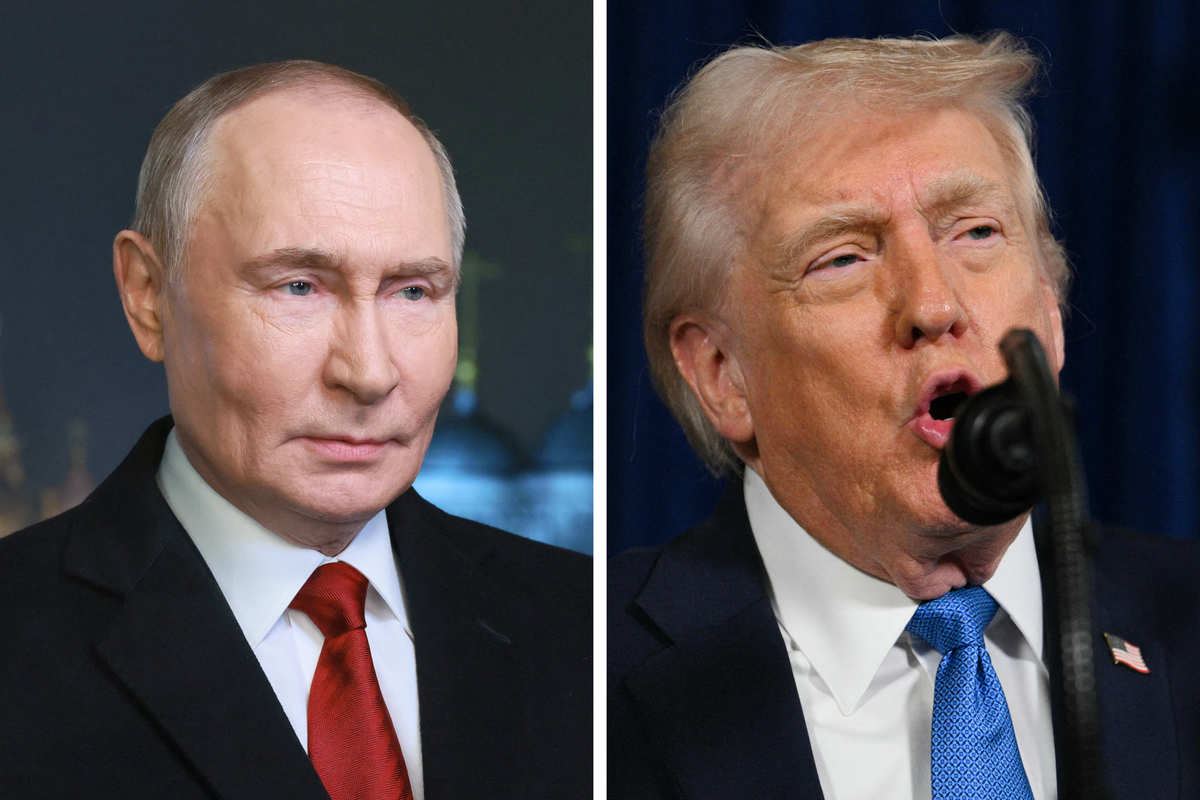Science & Tech
Louis Dor
Mar 22, 2016
At least 30 people killed in terror attacks in Brussels on Tuesday morning.
Two explosions occurred at the city's international airport, killing 11 people and injuring 81, while a third explosion occurred at Maalbeek Metro station, where it is thought 20 people have been killed and 106 injured.
As the world reacted, understandably in fear, sympathy and grief, among other things, Isis claimed responsibility for the attacks.
As of roughly 2pm BST, #StopIslam was trending worldwide.
It is times like these that it's easy to realise sensitive and layered conversations about complex issues are rarely made in 140 characters on the internet.
The balance of tweets on the hashtag shifted to condemnation, as people pointed out the obvious issues with blaming the acts of a terrorist organisation such as Isis on a religion practised by 1.6 billion people.
As many have pointed out, the act of terrorism does not belong to a specific religion, or race or nation - that it is simply defined by those who commit it:
Some very good points were raised
There was widespread condemnation
More very good points were made
People pointed out that blame was being laid in the wrong place
Muslims around the world were yet again forced to condemn the actions of people who warp their religion
More: Why blaming refugees for the attacks in Brussels is completely senseless
Top 100
The Conversation (0)














